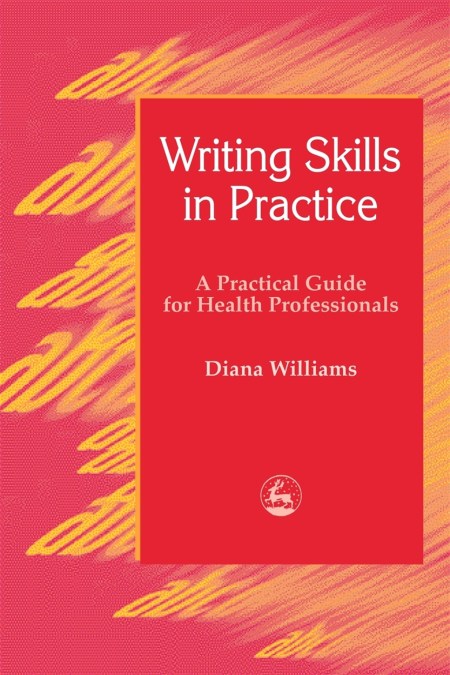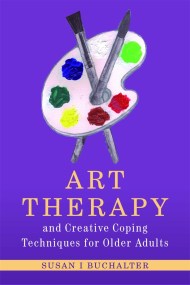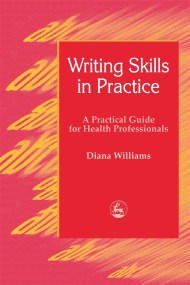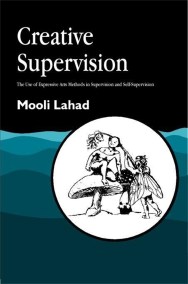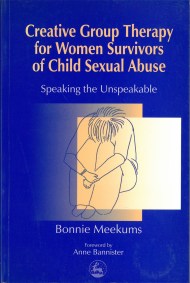The author of this book is a speech and language therapist, and is still practising in the health service, which gives her advice practical value. If all writers followed the principles in her book their readers, in whatever capacity, should owe Ms Williams a debt of gratitude.’
– Physiotherapy Journal
‘… the book is written in a user-friendly format and flows in a logical way. It provides very practical ideas and advice, covering all areas of written information. It would be ideal as an introductory text for novice practitioners or those wanting to update their knowledge about standards in providing written information. This book would be useful for any department as a reference book for all practitioners at any level.’
– British Journal of Occupational Therapy
‘This text offers clear and concise advice on the development and use of writing skills. The style is one of numerous checklists, applied to various writing contexts as a practical aid to clear written communication this book would be extremely beneficial in a healthcare setting.’
– Journal of Community Nursing
‘… well presented and easy to read. I think it would assist practitioners from different backgrounds and would be particularly useful for students. It is a good aid to effective writing which could be referred to whenever needed.’
– Rostrum
‘… this book contains comprehensive information and practical guidance on the wide range of writing skills that health professionals need in order to be effective practitioners and communicators. The content is relevant to dietitians and covers many writing skills they need.’
– Dietetians Today
‘Written by an experienced lecturer and writer in communication skills who is a therapist, this book contains comprehensive information and practical guidance on the wide range of writing skillls that health professionals need in order to be more effective practitioners and communicators. The content is relevant to dietitians and covers many of the writing skills they need. Most dietitians would find this book a very useful resource. It could be used either as a reference guide to “dip into” when asked to write something for the first time, or by acting upon the action points to improve existing writing skills.’
– Dietetics Today
Writing Skills in Practice presents a comprehensive overview of the development of writing skills for both students and practitioners in health care, offering useful information on all the main areas of writing practice in one volume.
The first part introduces newly qualified professionals to the skills of clinical record keeping, report writing and supplying clear written information for clients. The section on teaching and learning provides hints for students on note-taking, structuring essays and writing up research projects. Health professionals and experienced social care practitioners undertaking an educational role will also find advice on preparing materials for teaching, setting questions and assessing students’ work. Practitioners who wish to further their professional development by publishing their work will find a range of topics covered in the final section, from the initial stages of developing an idea, to presenting articles and manuscripts for publication.
Clearly laid out with summary points, practical activities and checklists, Writing Skills in Practice makes relevant information easily accessible for the busy health professional.
– Physiotherapy Journal
‘… the book is written in a user-friendly format and flows in a logical way. It provides very practical ideas and advice, covering all areas of written information. It would be ideal as an introductory text for novice practitioners or those wanting to update their knowledge about standards in providing written information. This book would be useful for any department as a reference book for all practitioners at any level.’
– British Journal of Occupational Therapy
‘This text offers clear and concise advice on the development and use of writing skills. The style is one of numerous checklists, applied to various writing contexts as a practical aid to clear written communication this book would be extremely beneficial in a healthcare setting.’
– Journal of Community Nursing
‘… well presented and easy to read. I think it would assist practitioners from different backgrounds and would be particularly useful for students. It is a good aid to effective writing which could be referred to whenever needed.’
– Rostrum
‘… this book contains comprehensive information and practical guidance on the wide range of writing skills that health professionals need in order to be effective practitioners and communicators. The content is relevant to dietitians and covers many writing skills they need.’
– Dietetians Today
‘Written by an experienced lecturer and writer in communication skills who is a therapist, this book contains comprehensive information and practical guidance on the wide range of writing skillls that health professionals need in order to be more effective practitioners and communicators. The content is relevant to dietitians and covers many of the writing skills they need. Most dietitians would find this book a very useful resource. It could be used either as a reference guide to “dip into” when asked to write something for the first time, or by acting upon the action points to improve existing writing skills.’
– Dietetics Today
Writing Skills in Practice presents a comprehensive overview of the development of writing skills for both students and practitioners in health care, offering useful information on all the main areas of writing practice in one volume.
The first part introduces newly qualified professionals to the skills of clinical record keeping, report writing and supplying clear written information for clients. The section on teaching and learning provides hints for students on note-taking, structuring essays and writing up research projects. Health professionals and experienced social care practitioners undertaking an educational role will also find advice on preparing materials for teaching, setting questions and assessing students’ work. Practitioners who wish to further their professional development by publishing their work will find a range of topics covered in the final section, from the initial stages of developing an idea, to presenting articles and manuscripts for publication.
Clearly laid out with summary points, practical activities and checklists, Writing Skills in Practice makes relevant information easily accessible for the busy health professional.
Newsletter Signup
By clicking ‘Sign Up,’ I acknowledge that I have read and agree to Hachette Book Group’s Privacy Policy and Terms of Use
